You’ve Got Mail: A light-hearted rom-com or a critique on capitalism?
As Meg Ryan turns 60 this month, a revisit on one of her most successful films You’ve Got Mail.
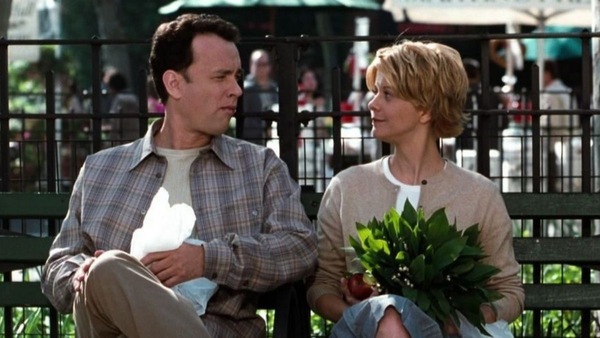
Last Updated: 10.56 AM, Nov 26, 2021
The rom-com genre in the 90s was synonymous with Meg Ryan and Tom Hanks. The pair starred in hits such as Joe Versus the Volcano (1990), Sleepless in Seattle (1993), and of course, You’ve Got Mail (1998). On its release in 1998, the film was a commercial and critical success and became a landmark film in the genre and an integral part of pop culture. It also helped establish Meg Ryan as one of the biggest stars of the 90s. But a closer analysis of the film could reveal far more than what meets the eye. The light-hearted rom-com may have been a commentary on the dark side of capitalism, with hints of an Orwellian nightmare.
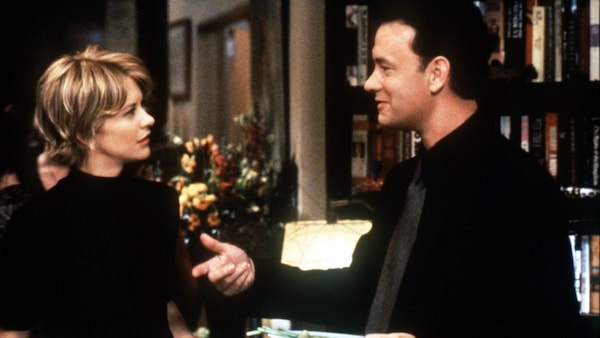
Joe Fox, the character played by Tom Hanks, and Kathleen, the character played by Meg Ryan, are on the opposite ends of the spectrum when it comes to running a business. Kathleen is a local bookstore owner who has embraced ‘the American dream’ and the free market to set her own business, whereas Joe is part of a wealthy family-run enterprise that eliminates any business rival, either by takeover or by putting rival local enterprises out of business. In other words, Kathleen represents the ‘little guy’ attempting to make a stand against Joe who represents the ‘big bully’.
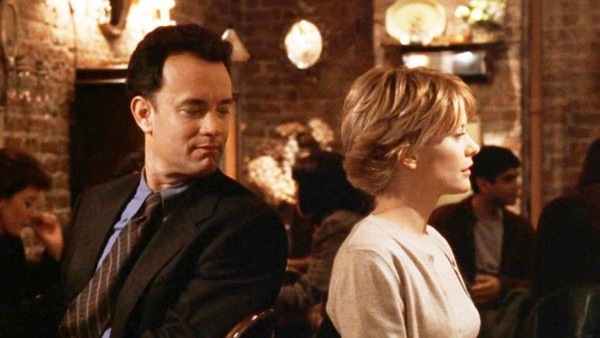
The narrative has positioned these characters as rivals from the very beginning - a rivalry that threatens Kathleen’s livelihood. To make matters worse the Fox family is depicted as finding pleasure in the demise of small businesses, and even making jokes at their expense. This is a very obvious indicator by the writers that the Fox family, and by extension Joe, as the villains of the film. What complicates matters is the fact that Kathleen and Joe, unbeknownst to each other, are friends on cyberspace using pseudonyms. It should also be noted that Kathleen was in a healthy relationship with another man at the time.
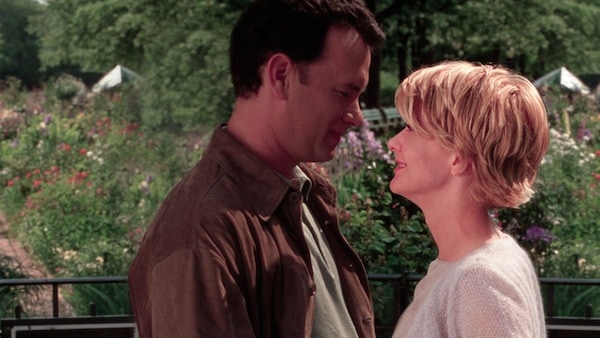
Joe does eventually find out that it is Kathleen who he has been talking to over the internet but lies to her repeatedly about his identity, whilst tirelessly working to shut down her book store. But like any other rom-com, the two eventually fall in love and Kathleen is almost submissive to the charms of Joe, even if it means she has to sacrifice her life’s work. It is as if she has been reconditioned to finally accept the inevitable and fall for Joe. It is eerily similar to how Winston, in George Orwell’s dystopian novel 1984, finally accepts that he loves ‘Big Brother’, the dystopian authoritarian regime.
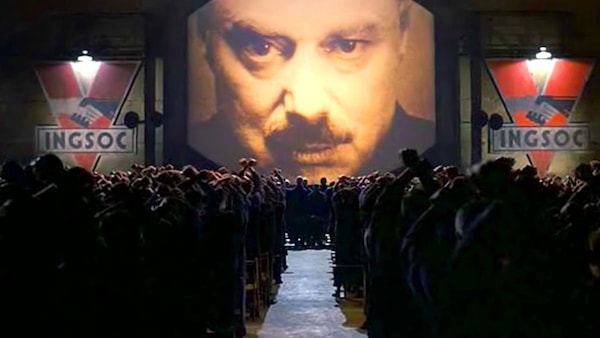
There are very subtle hints across the narrative that You’ve Got Mail has taken inspiration from 1984. Whether this was done by design or has been incorporated into the script purely by accident is debatable. It is also up for debate whether the film is a humorous light-hearted take on one of the most depressing stories written in the postmodern era. Regardless of how one interprets the film, it remains a classic.
